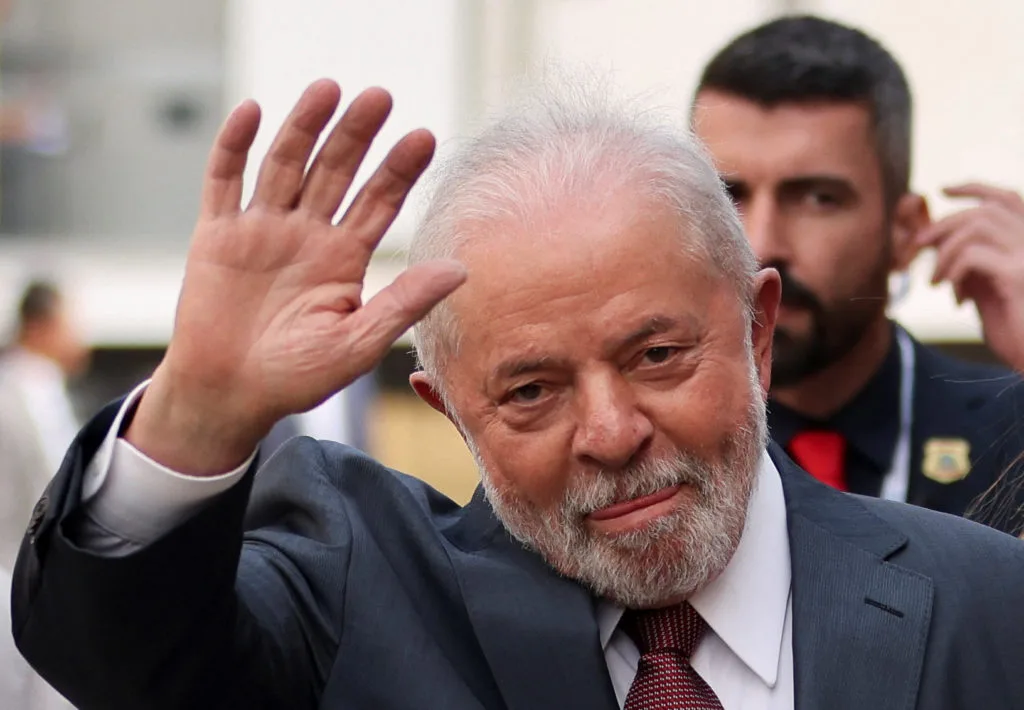Brazil’s President Luiz Inácio Lula da Silva is facing the least reliable support from his congressional allies in three decades, according to official voting records.
Only 72% of lawmakers from parties with ministries have backed Lula’s government in key votes this term.
This is the lowest rate since 1995 and matches the level seen during the impeachment crisis of former President Dilma Rousseff.
Past presidents like Fernando Henrique Cardoso and Michel Temer enjoyed much higher rates, above 90%.
This weak support has led to important defeats for Lula. In June 2025, Congress overturned his decree to raise the IOF tax on financial transactions.
Even parties with ministers in Lula’s cabinet, such as União Brasil, MDB, PSD, Republicanos, PP, PDT, and PSB, mostly voted against him.
Out of 513 deputies, only 98 supported Lula’s position, while 383 opposed it. The Senate also rejected the measure.
This was the first time since 1992 that Congress had overturned a presidential decree, showing how fragile Lula’s base has become.
Several reasons explain this situation. In recent years, Congress has become more independent.

Lula’s Coalition Faces 30-Year Loyalty Low, Threatening 2026 Election Plans
Changes in the law made most parliamentary amendments mandatory, meaning lawmakers get their funding regardless of how they vote.
Ministries, once powerful bargaining chips, lost influence because much of their budgets are now earmarked for these amendments. As a result, party leaders in Congress now hold more power than ministers.
Lula’s own approach has made things harder. Deputies from allied parties say Lula has kept his distance from direct negotiations and given the most important ministries to his own Workers’ Party.
This has frustrated coalition partners, who want more influence and better positions in government. Some parties, like the PSD, have publicly criticized Lula for not giving them more relevant ministries.
Lula’s popularity is also falling. The latest Datafolha poll shows his approval rating at 28% and disapproval at 40%, among the lowest in his three terms.
As Lula’s image weakens, parties see less reason to support him, especially with the 2026 presidential election approaching. Many are already considering their own candidates.
The opposition has taken advantage of this. Leaders from the Liberal Party argue that Lula’s government focuses on tax increases and fights with Congress.
They claim the government tries to blame lawmakers for unpopular measures, like higher electricity bills.
Most of Lula’s coalition now comes from center-right and right-wing parties, which together hold almost half the seats in the Chamber of Deputies.
These parties have often opposed Lula on key issues, including investigations, prisoner leave policies, and land demarcation rules. Many are preparing to run their own presidential candidates in 2026.
With traditional bargaining tools weakened and his popularity down, Lula has few options left to unify his base.
The government is now pushing to p*** measures like income tax exemptions and expanded social programs to regain support before the 2026 election, but these face strong resistance in Congress.
Source link
https://findsuperdeals.shop/


